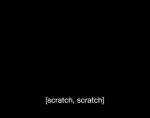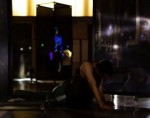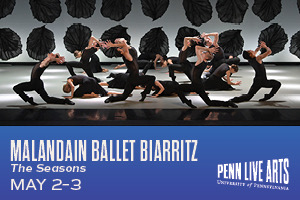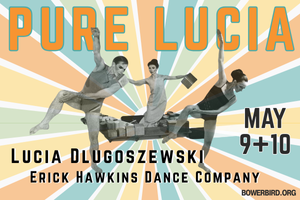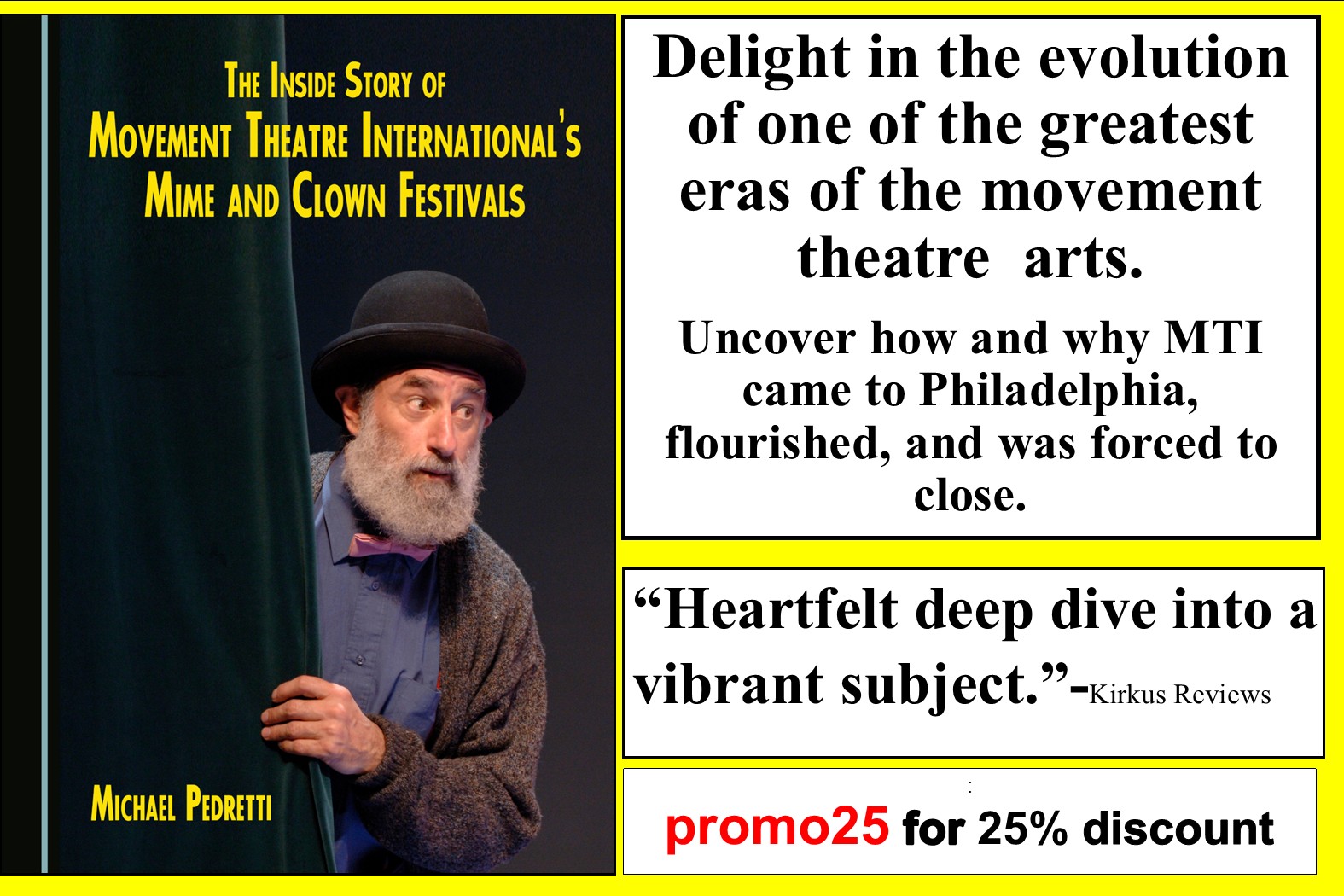
Individuals Look to Leverage Giving
by Ellen Chenoweth
“Studies show that volunteering, donating money, or even just thinking about donating money can release feel-good brain chemicals and activate the part of the brain stimulated by the pleasures of food and sex.”
-- Tara Parker-Pope, New York Times, April 9, 2020
In the interest of getting those chemicals coursing through our veins, I wanted to share some ways that I have seen individual culture workers taking care of others through giving money or galvanizing others to give. As we face a public health crisis that will go on for months or years, and the promise of more challenges in the future as a result of climate change, it seems important to develop new strategies for taking care of those most affected.
These strategies are not intended as substitutes for government or organization initiatives. I believe we need sweeping, society-wide changes, and that individual giving is no substitute for structural change. At the same time, in the current moment, I am advocating for those who are in positions of financial privilege or comfort to redistribute or share their resources while keeping equity issues front and center. I have been invigorated by these creative and generous responses, and hope they might get your own gears turning if you’re in a place to give.
Some initiatives have linked donations with creative output. Maxwell Neely-Cohen, a writer and editor, put out a call on Twitter: “So because I’m trapped inside, figured I’d try giving out some micro grants for small indie game devs. So reply with images, footage, or gifs of a game you’re working on, and on April 11th, I’m gonna pick 20 I think are real cool and venmo $250 to each”. Dubbed Chaos Grants, the thread also became a quick and easy way for anyone to see the entries and learn about independent games in development. I don’t even play video games, but might have to start in order to play Clam Man 2, starring a stand-up comedian clam. Love funding that also provides a boost in visibility and can help work get made.
Twitter was also home base for a call from TV writer Demi Adejuyigbe, who ran a donation drive in which a monetary gift to any food bank got the donor one entry into a drawing. The prize was the chance to pick a movie that Adejuyigbe would then create an original end credits song for (adding to his existing repertoire of popular creations in the genre). He pledged to do a film for each $1000 donated, and ended up raising $24,109.19. The incentive from Adejuyigbe or others might be just enough of an extra push to get someone off the fence about donating, a little extra nudge towards generosity.
This idea of providing a creative product in exchange for a donation to someone else is being used by others as well. Dance writer Siobhan Burke has raised over $2000 for the NYC Low-Income Artist/Freelancer Relief Fund and the Dance Union’s NYC Dancers Relief Fund (COVID-19) by selling yearly subscriptions to her newsletter, in essence making a year of her insightful dance musings a perk of donating $30 to a cause her readership base is likely to support.
Theatre-maker Melanie Joseph and colleagues created a fund for undocumented workers in New York, highlighting that the institutional support for artists will not be present for other workers. In the call for donations, Joseph writes, “In NYC's performing arts community — primarily freelancers or employers of freelancers— we're anxious as hell about the gaping, unknown future of our work and paying the bills and, and ... And it's been beautiful to see all the ways we're stepping up to support one another, and to find FB posts springing up with news of emergency funds for artists and theatres from foundations and generous patrons. … Sadly such funding sources don't spring up for our fellow freelance NYorkers who are undocumented.” Playwright Aaron Landsman shared the campaign in a newsletter and came up with an add-on perk for anyone who contributed at a certain level: “I’ll send you a recording of me reading the story of my very worst blunder as a restaurant worker, in 1996. It’s called ‘Liver Lady and Everything Man.’” Artists are often in the position of asking for support for their own creative endeavors; it’s interesting to see how artists can also leverage those endeavors for others.
Artists are also finding ways to leverage their institutional support. Dance professors Rachel Carrico, Dasha Chapman, and Hannah Schwadron created a document for use by other artists in higher education that shares strategies for redirecting institutional funds that might have been used for research or travel to artists. The wonderfully clear and simple document includes sample language for making the case to deans and department chairs, success stories, and rationale.
As many of us may be receiving checks for the government intended to boost the economy, that may be one place we can make conscious choices around redistribution towards those most in need. Philadelphia arts worker Lillian Dunn posted on Facebook that she expected to receive a government stimulus check and had donated the entire amount to the Philadelphia Community Bail Fund to help released incarcerated women. “I'm sharing this not bc I think everyone is able to or should do the same, but as an invitation for others to donate some of this money today, particularly white people/with family resources/still working/who are not dependent on this check for financial survival, peace or stability.” This invitation feels relevant every day, as we watch unemployment numbers jump to levels not seen since the Great Depression.
Passover spurred Washington, DC-based theater worker Hannah Hessel Ratner and her husband into sharing their resources. She mused about “how odd it is to have a holiday where you literally say ‘let all who are hungry come and eat’ but actively refuse entrance to your home all the while knowing that many people right now are unsure when or if they will get paid next.” They decided they could help ten friends experiencing need with a certain amount, and solicited private direct messages to communicate the need. If ten friends didn’t express need, the remaining funds would be donated to a food bank.
It can seem overwhelming to consider how and where to give right now, with need from so many quarters and a deeply uncertain future, but I recommend plunging in if you’re able, and considering what other kinds of resources you might be able to bring to the table. We could all use an extra dose of those feel-good chemicals.
By Ellen Chenoweth
April 15, 2020


